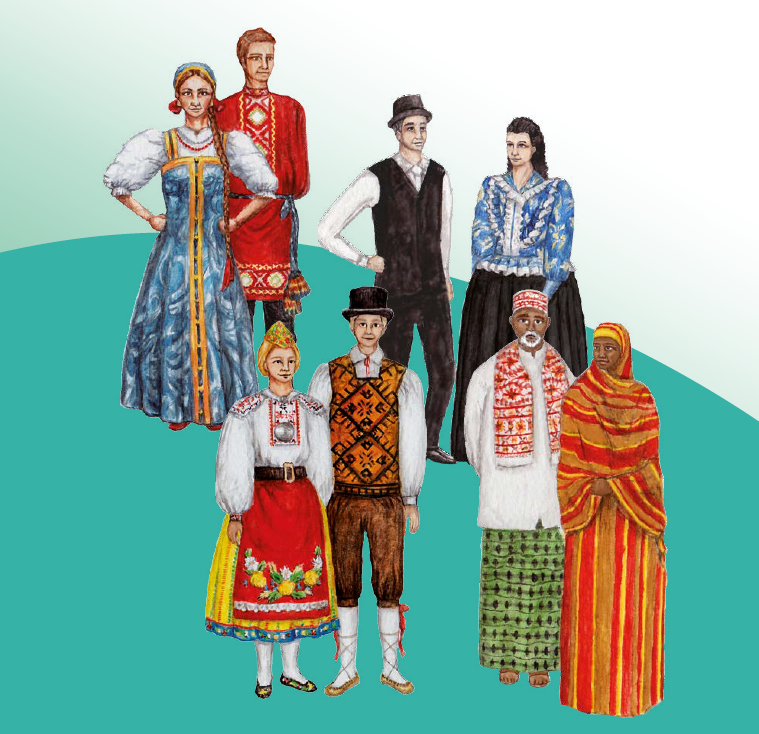A guidebook for care professionals to respect the cultural background of people experiencing memory loss

As the Finnish population with a migrant background is ageing, the Society for Memory Disorders Expertise in Finland, published “Culture-sensitive memory work: Finnish experience”, a guidebook intended to specialists of the social and health care sectors with a view to guide them in their attempts to respect the different cultural backgrounds of people with memory loss they are in contact with.
Social and health care specialists need to acknowledge that memory loss has a different meaning in different cultures. In some cultures, the symptoms of memory-related diseases are interpreted as the ‘normal age-related dementia’ or they are regarded as a taboo that one should be ashamed of. The extra challenge is the language differences in the conduct of treatment: such definitions as the informal caregiver or health promotion are not recognized in all the languages.
“Poor language skills and incomplete knowledge of the Finnish service system could be the reasons why migrants have no access to proper services. The fear of officials can increase this”
Siiri Jaakson, project manager of ETNIMU
The published guidebook recommends specialists to use a culture-sensitive method. It consists of three steps: acceptance, creating contact and building trust. The continuous reflection of one’s activities is also important for the specialist.
“By working with the ageing people with a migrant background, personal contact becomes increasingly important. The main aim to pursue is to find the individual dimension of each person behind the memory problems and cultural background. The sincere interest towards a human being enables the possibility of building trust. But more time resources need to be given for communication”, Jaakson finds.
A culture-sensitive know-how is required at both individual and management levels in heath care institutions. The specialists should also discuss how their own cultural background influences the communication.
“We all have some prejudices. Knowledge and respect of the human dignity are critical tools for people’s recognition. One does not need a thorough knowledge of all cultures, but one should dare to ask and be ready to listen to others”, Jaakson states.
Read the full post on ENIEC website
—
The guidebook was a part of The Society for Memory Disorders Expertise in Finland, ETNIMU project (funded by STEA, Funding Centre for Social Welfare and Health Organisations).


Facebook Comments